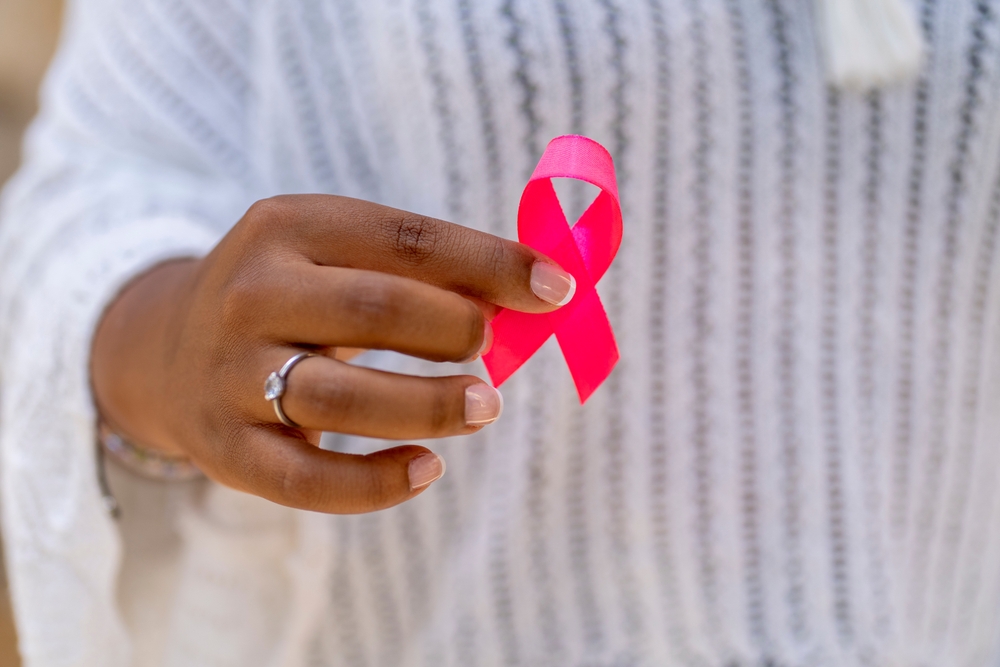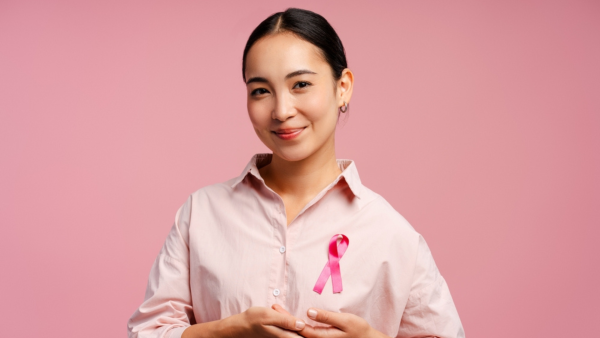ALBAWABA Breast cancer is a significant health concern and understanding it is essential for awareness and prevention. Here are key points to know:
Types of Breast Cancer
Breast cancer can be classified into several types, with invasive ductal carcinoma (IDC) and invasive lobular carcinoma (ILC) being the most common. Non-invasive types, like ductal carcinoma in situ (DCIS), are also important to recognize.
Risk Factors
Several factors can increase the risk of developing breast cancer, including:
- Genetics: Family history of breast or ovarian cancer, particularly mutations in the BRCA1 and BRCA2 genes, heightens risk.
- Age: The risk increases as women get older, particularly after age 50.
- Lifestyle: Factors such as obesity, physical inactivity, alcohol consumption, and smoking can contribute to risk.
- Hormonal Factors: Early menstruation, late menopause, and hormonal replacement therapy can also play a role.
Symptoms
Common symptoms to watch for include:
- A lump or mass in the breast or underarm area
- Changes in breast shape or size
- Unexplained swelling or tenderness
- Skin changes, such as redness or dimpling
- Nipple discharge that is not breast milk
Screening and Diagnosis
Regular screenings, such as mammograms, are crucial for early detection. Women are typically advised to start annual mammograms at age 40, though recommendations may vary based on individual risk factors.
If abnormalities are found, further diagnostic tests may include:
- Ultrasound
- MRI
- Biopsy

(Shutterstock)
Treatment Options
Treatment plans depend on the type and stage of cancer and may include:
- Surgery: Lumpectomy or mastectomy to remove the tumor.
- Radiation Therapy: To eliminate remaining cancer cells post-surgery.
- Chemotherapy: Often used for invasive cancers to kill cancer cells.
- Hormone Therapy: For hormone receptor-positive cancers to block hormones that fuel growth.
- Targeted Therapy: Medications that specifically target cancer cells, like HER2-positive cancers.
Prevention and Lifestyle
While not all breast cancer cases can be prevented, adopting a healthy lifestyle may reduce risk. Recommendations include:
- Maintaining a healthy weight
- Regular exercise
- Limiting alcohol intake
- Avoiding tobacco
- Breastfeeding, if possible
Navigating a breast cancer diagnosis can be overwhelming. Support groups, counseling, and organizations like the American Cancer Society provide valuable resources for patients and families.
Understanding breast cancer, its risk factors, and the importance of early detection can empower individuals to take proactive steps toward their health. Regular check-ups and being aware of any changes in your body are crucial in the fight against this disease.








